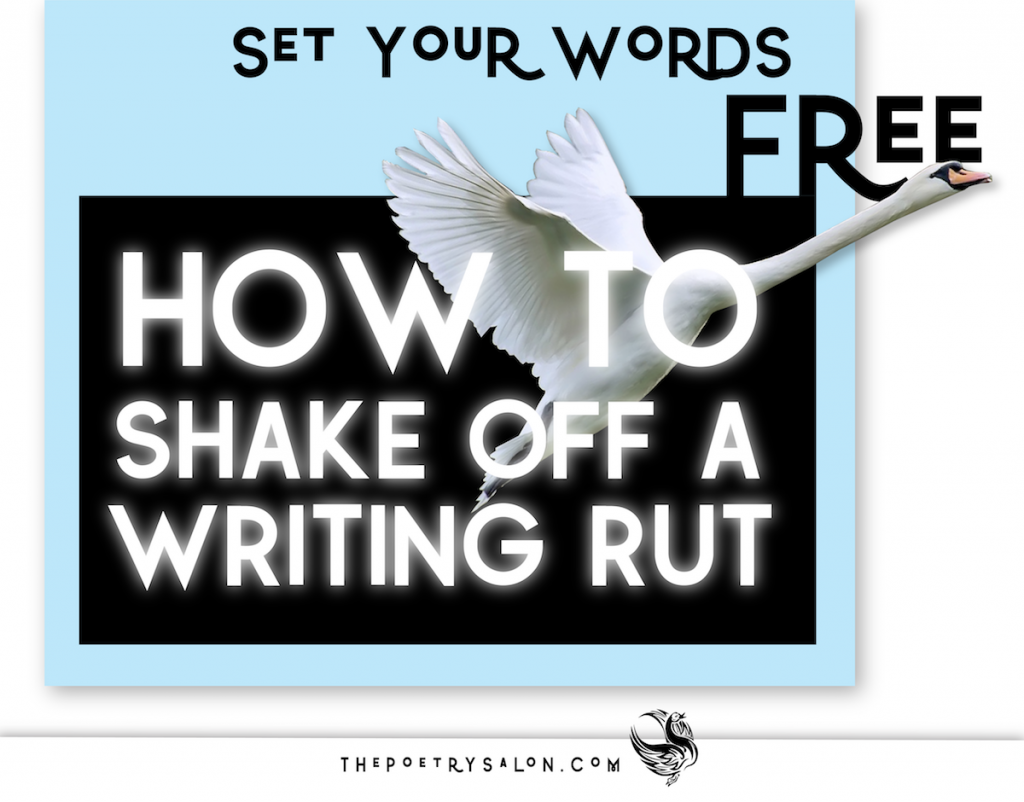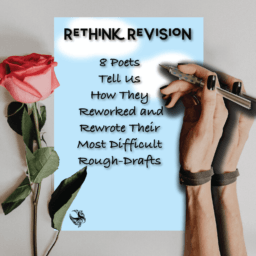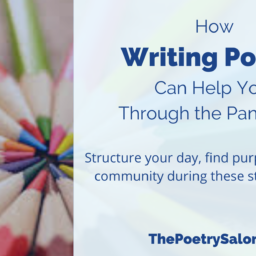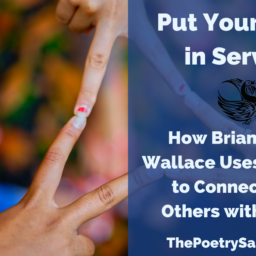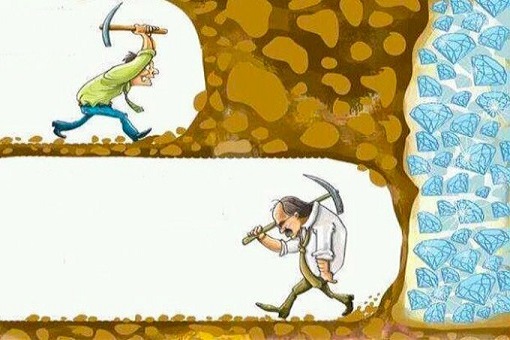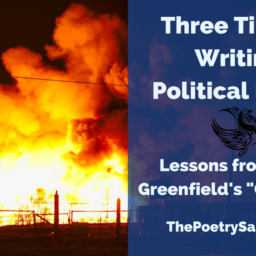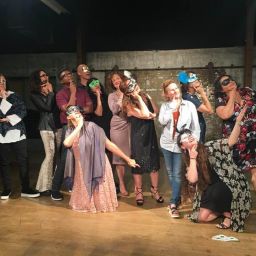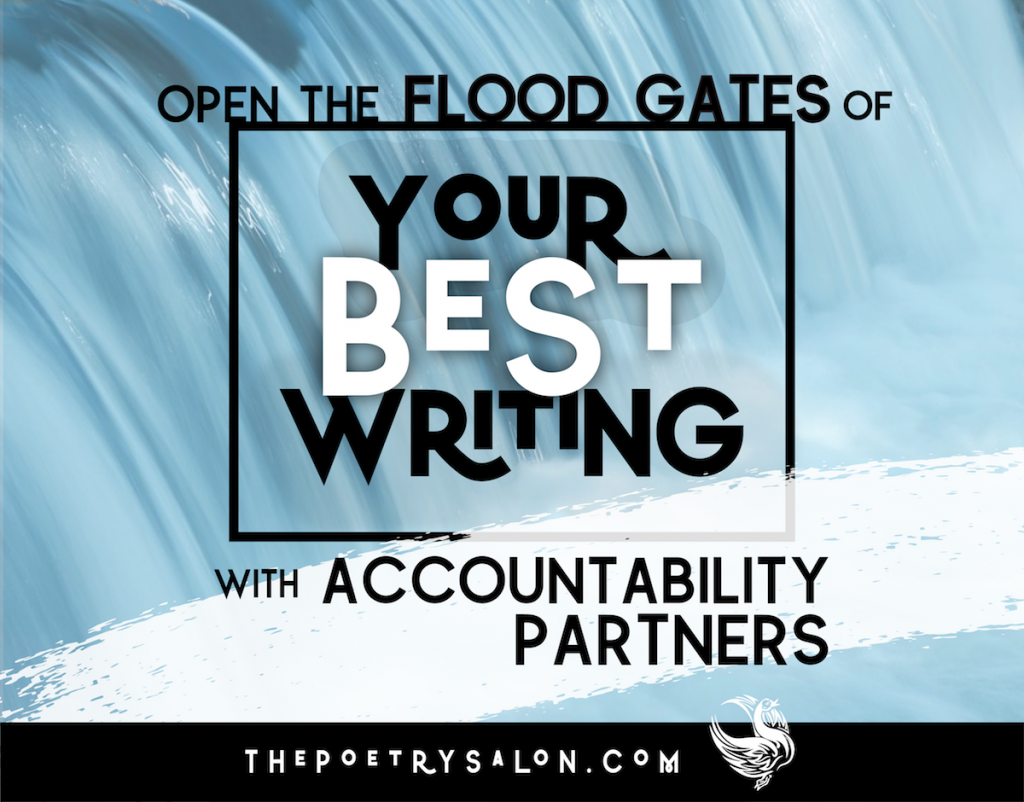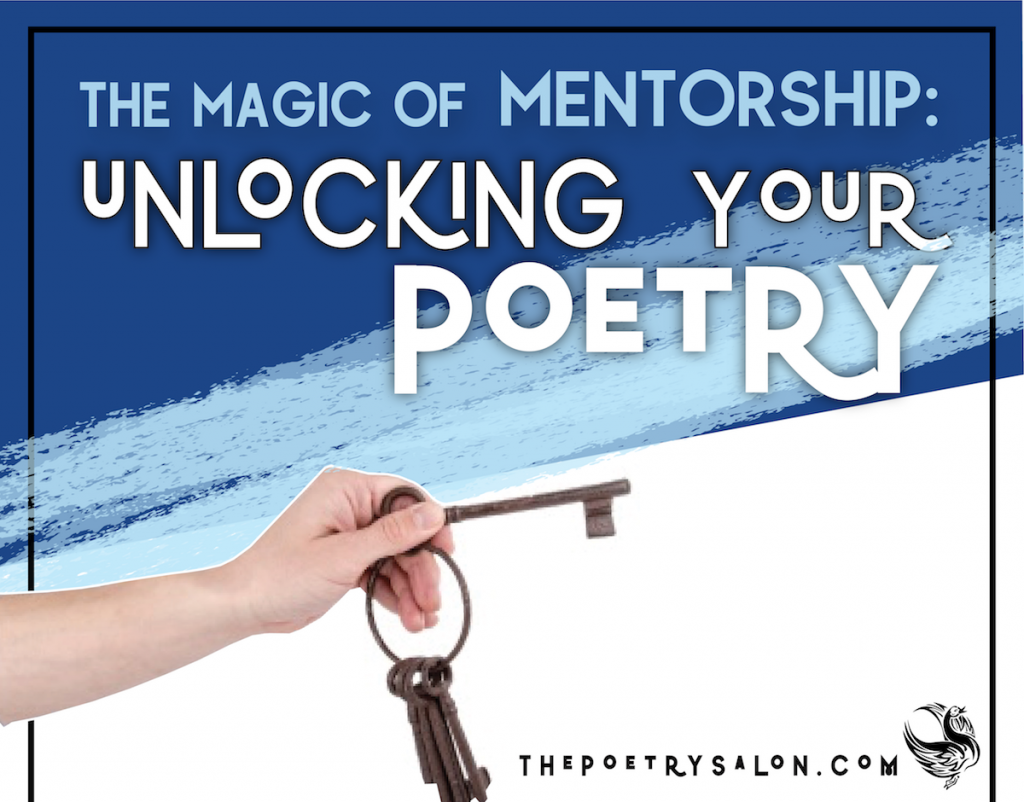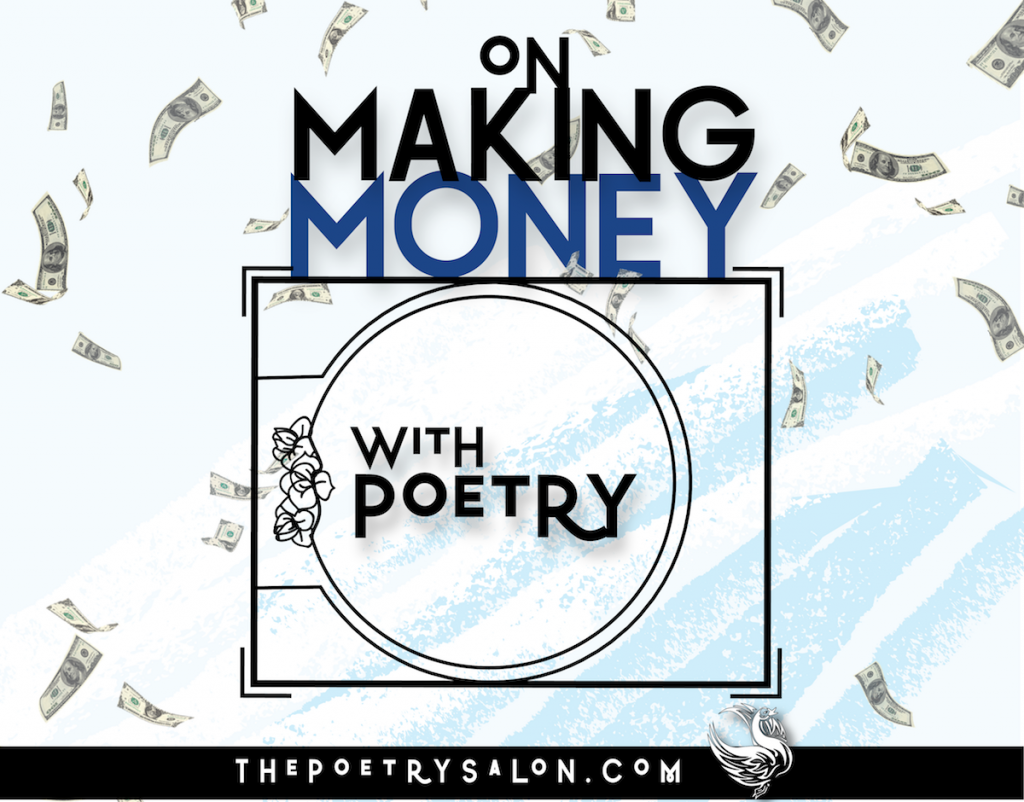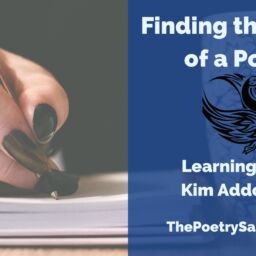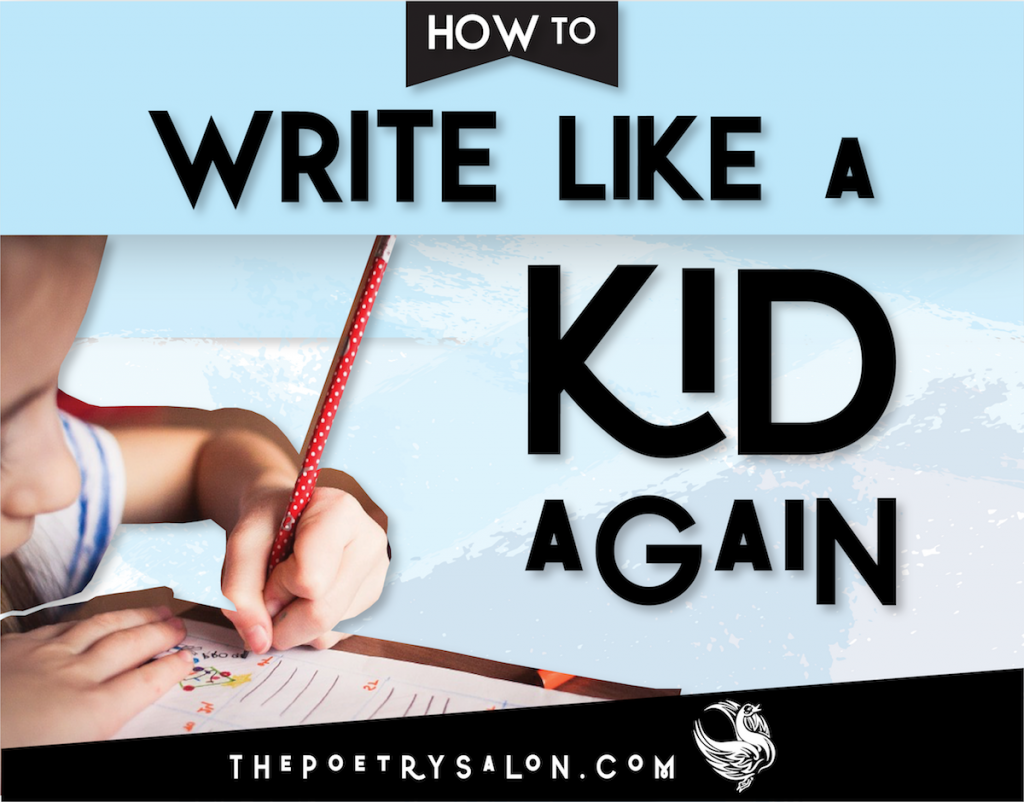Welcome to the next in our NaNoWriMo series of reflections on this poet’s experience trying to write a novel.
So is there a best time in the day to write? Probably not. If there is, it’s different for everybody, but here’s how I experience it.
I like to write. Especially in the morning. It’s part of my coffee ritual.
Coffee, if you’ve never heard of it, is a substance that makes your heart beat like a jackrabbit escaping a predator through your V-neck sweater. It wakes you up. Perks you up. Makes your heart feel like it’s a frightened racehorse who’s just smelled a fire behind it and is now trying to make it out of your chest at a hundred miles an hour.
For me mornings are when I feel sharp, like I’m extra aware. It’s when I’m going to be able to catch all of the missing commas, or remember to write things down in my calendar, or proof-read an email before I send it to a client. It’s all that coffee. The extra energy means I can get things done quickly.
Even Slow Poems are Quick
To me, a poem is about getting to something quickly.
Poems can be slow and languid, stop your breath, slow your heart-rate. They can put you in a relaxed frame of mind and help you feel like you’re part of infinity, but they still have to make their point rather fast. Most of them are intended to fit on a single page.
With all the other things going on in our day, how could you possibly have time to write more than one page? Even after I left behind my side gigs and became a full-time poet and poetry teacher, I felt that way. Mornings are for jotting down whatever thoughts are most insistent to break free, and then driving an hour in traffic to make that dentists appointment you scheduled last week. After that there will be groceries, a coffee date, and more time in traffic. (remember traffic?) It’s what the Tao refers to as the 1,000 things (that you have to do in a day), when everything has deadlines and needs to get done before your teeth rot or your insurance expires or your kids fall over from lack of nourishment.
When I committed to trying a novel I realized that I couldn’t work on it in the mornings. The caffeine made my head move too quickly. I would start out with an idea for a long scene I wanted to write, but within two or ten minutes I’d find myself coming to the main point I wanted to make, one final image, one final metaphor that just said everything I wanted to say, and then – well there was nowhere else to go from there. Decisions had been made; avenues of discovery cut off, and I had somewhere else I needed to be.
Then I’d come home in the evening experiencing two feelings that helped open the door to embracing long-form prose: loneliness and freedom.
When the Darkness is Your Friend
Evenings, I discovered, are a good time for novel writing. The day is done. Your main tasks have been completed or abandoned. It’s when I’m at my most sleepy, my most dreamy. The evening shadows come in and lengthen everything. The sun falls low in the sky and turns the undersides of clouds pink and orange. If it’s chilly out, there might be a fire. The neighbors come home and start playing their music. Nobody is going back to work for a dozen hours.
It’s a lonely time, especially if you’ve just moved to a new country.
When my husband and I moved to Costa Rica about a year ago, I found myself wanting to turn to my novel every evening after the sun went down. I missed home. I missed the people from home. I even missed the characters I had been living with while I wrote the first draft of my novel. When I couldn’t really talk to anybody else, I wanted to talk to my characters again, some of whom were more emotionally and geographically available versions of my friends from home.
Plus I started drinking wine.
Wine, if you’ve never heard of it, is a substance invented by ancient humans to help dull the senses. It makes you notice little things. You get lost staring at the moon and remembering the first time you saw the moon, the last time you saw your mother, and the many, many years in between. It impedes you from focusing on all the little tasks you were so concerned about on caffeine. It tends to make you emotionally honest, but intellectually a little thick, so you know what you are feeling, but not exactly what you want to say.
And this, I found, was the change of attitude I needed. (“Write drunk; edit sober,” is the bad advice never said by Ernest Hemingway and half-heeded by alcoholic writers in subsequent decades.)
do not write drunk
Now, I am in no way advocating you become dependent on substances in order to write. Some of the best writers I know have made writing itself the substance they use to get over using drugs and alcohol. Neither wine nor coffee are necessary to starting or completing a project. What I would like to convey, rather, is a frame of mind.
In novel writing, what can be useful is faith that the things you are saying will eventually take you somewhere, even if you don’t know where. Entering into something as long as a novel has been compared to driving a long stretch of highway at night. You can only see a few inches in front of you, but if you pay attention to those few inches long enough, you will eventually wind up where you wanted to go.
Novelist Jeannette Winterson, whose prose contains as much poetry in one page as all of Wordsworth fit into his whole collection, says that writing is a kind of “lover’s talk.” Even in the morning my “lover’s talk” with my husband is pretty perfunctory – where are you going? When will you be back? Can you pick up a few things at Auto Mercado?
But in the evening… well, you can talk about anything. You can tell your lover about childhood memories, the first time you saw the ocean, a strange thing you saw when you were seven, the way you feel about god. It is all relevant because it is all a way of declaring that you are not alone, and at night, when those shadows start putting their fingers all over your neck and shoulders, that’s all we really want – to not feel alone.
Get your characters talking
When I’d get stuck, I would just take my little laptop out to the front patio, look up at the stars, and write letters to my characters. I would tell them about my day, and how alone I felt, living in Costa Rica, how I was sorry I hadn’t stopped in to visit them in a while. I’d ask how they were doing and if they had figured out yet what to do with their lives, or how to solve the problems they were working on last time we had spoken.
Sometimes I wrote letters from them to me, or from one character to another. It gave them permission to just talk, catch up with one another, express their feelings about themselves and one another, without my worrying if the writing was any good or forwarding the plot. Writing these letters made me feel less lonely, and sometimes they moved the story along.
